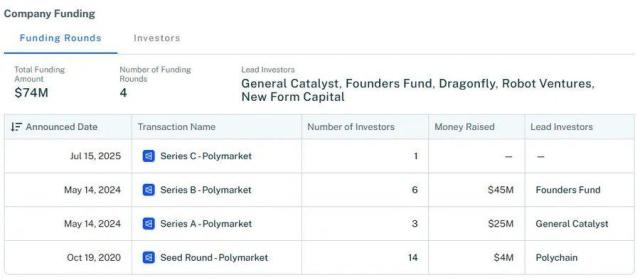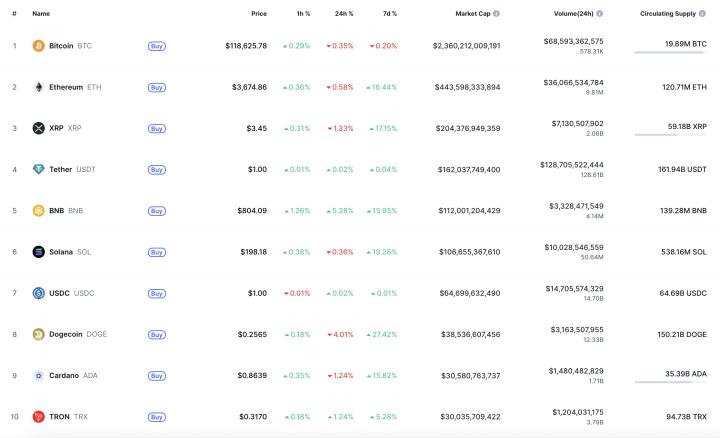Chainfeeds Preface:
The issue is not whether Pre-IPO derivatives will emerge, but whether regulators and market participants can quickly build supporting infrastructure to release their potential value while controlling risks.
Article Source:
https://x.com/j0hnwang/status/1947330391590752532
Article Author:
John Wang
Perspective:
John Wang: For decades, IPO has been a legalized insider arbitrage method. Banks typically price IPOs 20% to 40% lower than the real market price, selling stocks cheaply to institutional clients, creating an artificial scarcity to ensure these clients make huge profits on the listing day. Retail investors are usually only allowed to enter after stock prices have soared, thus missing out on gains. This system exists not because it's optimal, but because it has become the default path. Since 2020, this closed underwriting mechanism has intercepted over $100 billion in earnings that should have belonged to value creators (founders, employees, and retail investors). In traditional financial systems, investment banks lock in allocation rights through closed roadshows and telephone subscription mechanisms, while retail investors can only pay high premiums on the listing day. These legal predatory practices are protected by outdated regulations and reputation mechanisms, leading to extremely opaque pricing. Even tech unicorns must comply, as deviating from traditional investment banks like Goldman Sachs means losing future financing, analyst coverage, or index inclusion. The result is that retail investors become the final bagholders. The HIP-3 protocol and Hyperps mechanism launched by Hyperliquid propose a fundamentally reconstructed approach to traditional capital market pricing: Pre-IPO Perpetual Contracts (Pre-IPO Perps). These new derivatives allow public trading and price discovery of unlisted companies' valuations months before the IPO, breaking down the information barriers and resource monopolies deliberately maintained by banks. Hyperp is not an ordinary perpetual contract but more like a prediction market tool with a decentralized pricing mechanism that doesn't require spot reference, 24/7 continuous trading, and the ability to automatically convert to standard perpetual contracts after the IPO. Its pricing structure uses time-weighted functions, anchored prices, and funding rates to reduce manipulation risks. A typical example is $PUMP, which had a $4 billion valuation at ICO but was traded to a $7 billion fully diluted valuation (FDV) in the Hyperliquid Hyperp market, completely breaking the existing "private placement + closed roadshow + premium listing" loop. This mechanism not only enhances market transparency but also accelerates arbitrage space compression, depriving institutions of their previous free lunch. Hyperliquid's Hyperps concept is not just reforming the IPO model but building a completely open new capital market infrastructure. Under the current system, investment banks control prices through "closed quotation + allocation + reporting", with retail investors unable to participate. Hyperps offer a new possibility: reaching a broad consensus on valuations of companies like Stripe, OpenAI, and SpaceX through on-chain markets before the IPO. Once the Pre-IPO contract price is significantly higher than the previous private placement round, banks will find it difficult to "price low" without appearing unprofessional, directly breaking the artificial price gap between "private placement and public offering". Hyperps transform price discovery into a global, verifiable process, democratizing speculation beyond the US investment bank's "relationship-based" system. In public markets, derivatives are already the primary price discovery tool (accounting for 60-85%), and Hyperps extend this mechanism to the private placement market. Although regulatory pressure remains and initial on-chain liquidity might be insufficient, the direction is clear: decentralized open markets are rapidly eroding institutional monopoly privileges. Ultimately, billions of dollars in annual "value migration" are expected to return to the users and builders who truly create value.
Content Source







